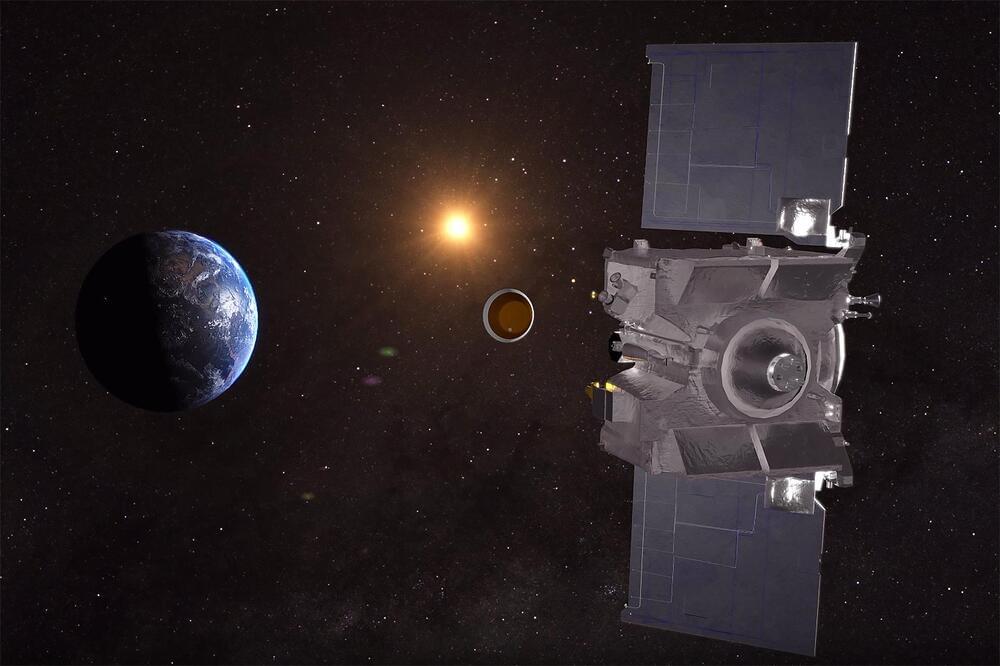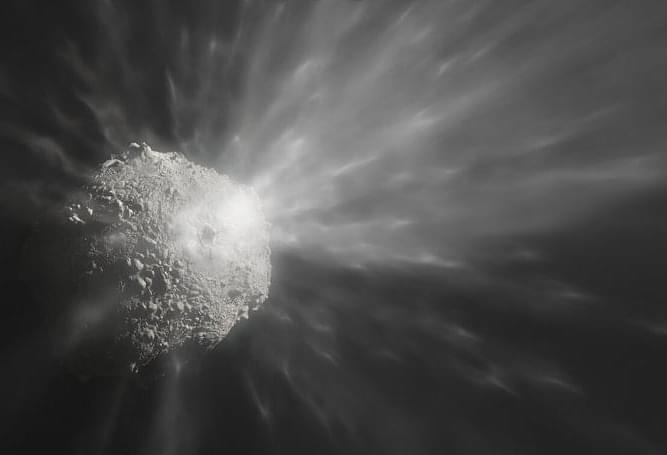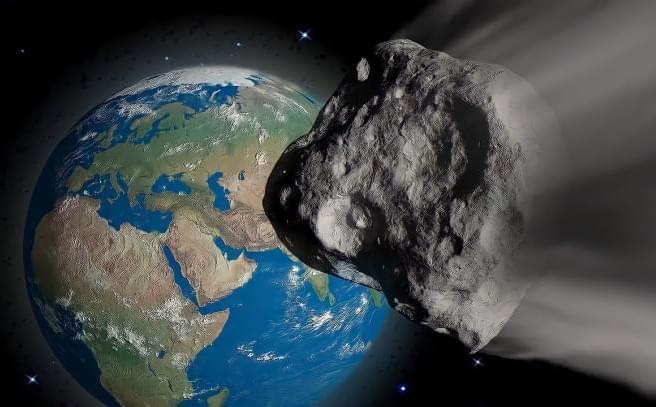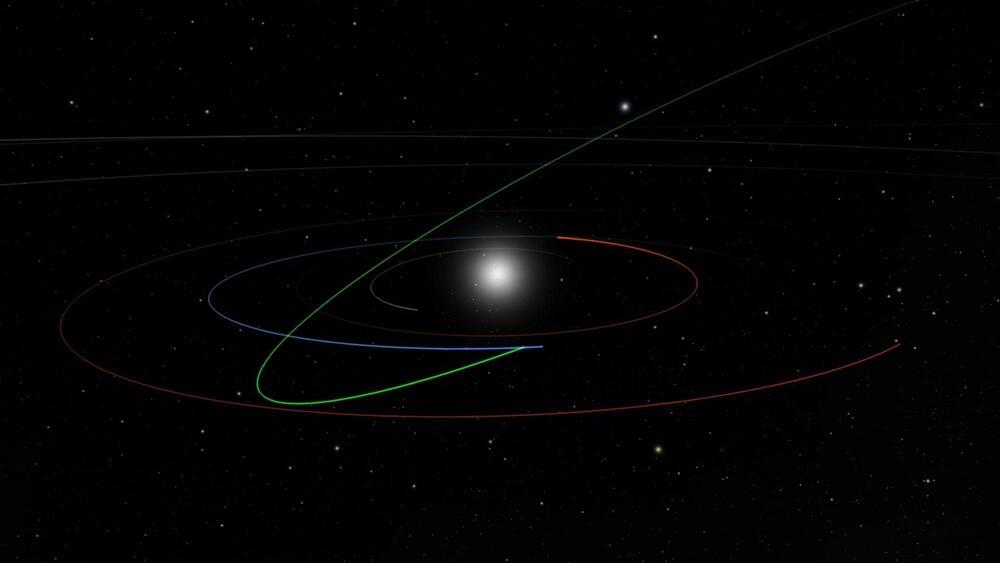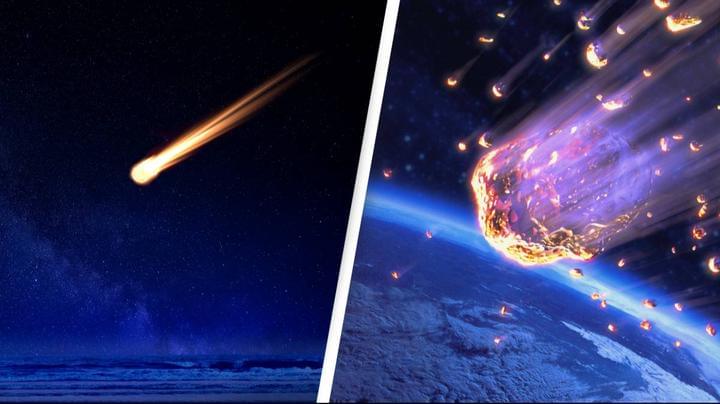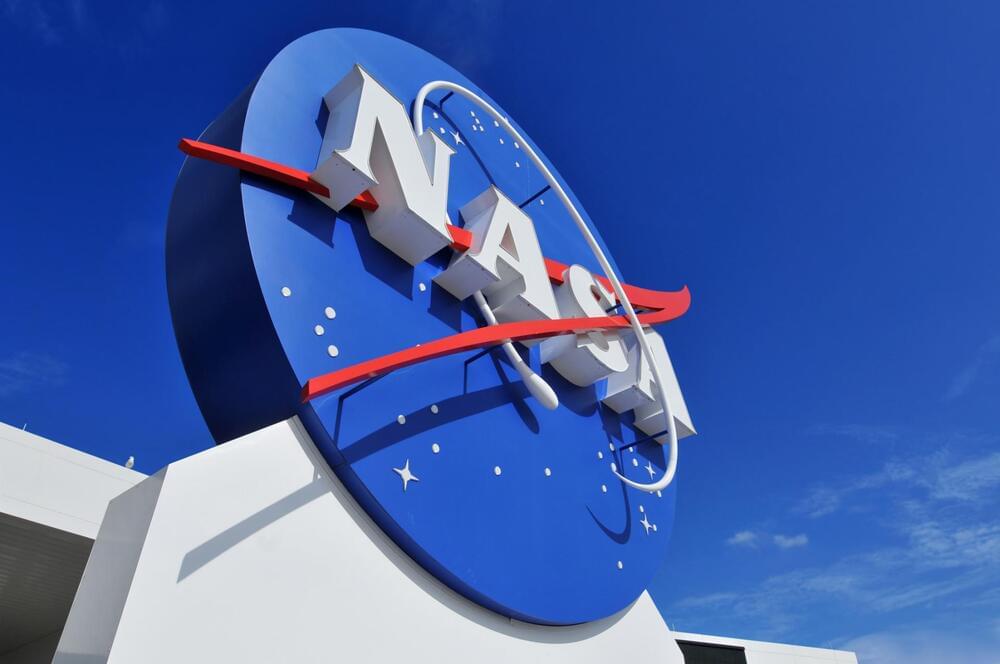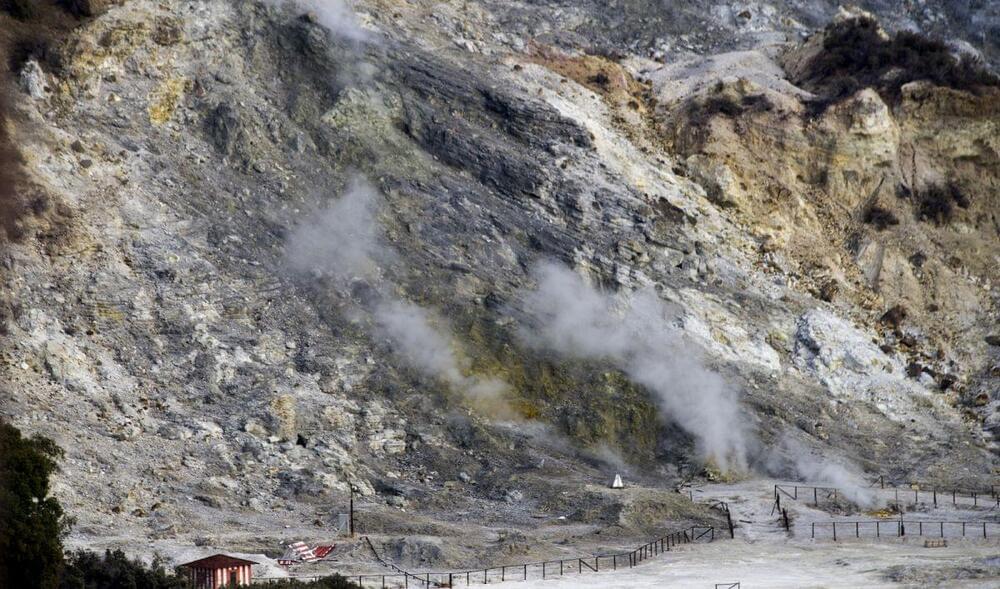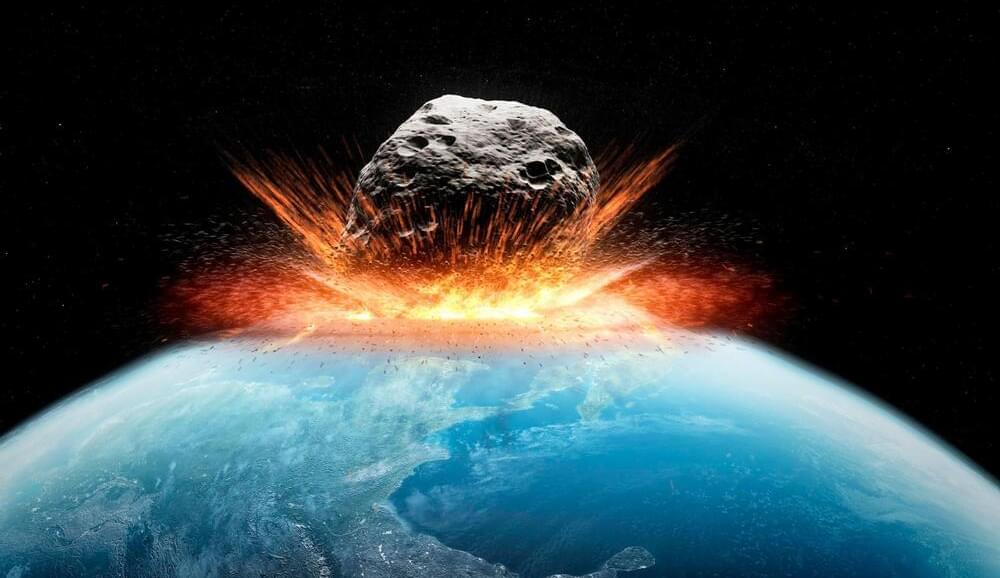Sep 18, 2023
Armageddon-style mission to stop asteroid Bennu collision with Earth ends this week
Posted by Quinn Sena in categories: asteroid/comet impacts, existential risks, military
NASA is edging closer to the conclusion of its ambitious seven-year mission, aiming to prevent a catastrophic collision of a massive asteroid named Bennu with Earth. Recent findings have indicated that there’s a 1 in 2,700 chance of Bennu slamming into Earth on September 24, 2182.
Roughly the size of the iconic Empire State Building, Bennu spans about a third of a mile wide. The potential aftermath of its predicted collision with Earth could equate to the explosive energy of 22 atomic bombs.
The asteroid makes its presence felt by passing Earth approximately every six years. However, scientists anticipate that its most perilous close encounter could be a mere 159 years away.
